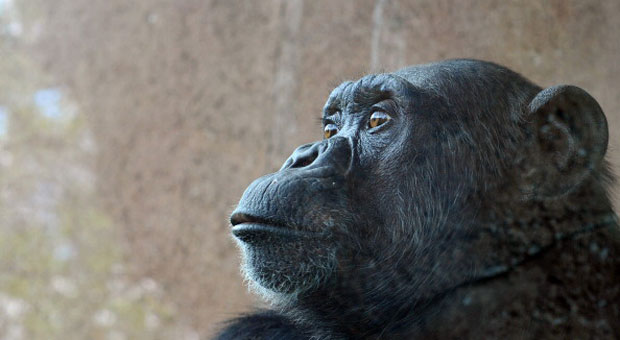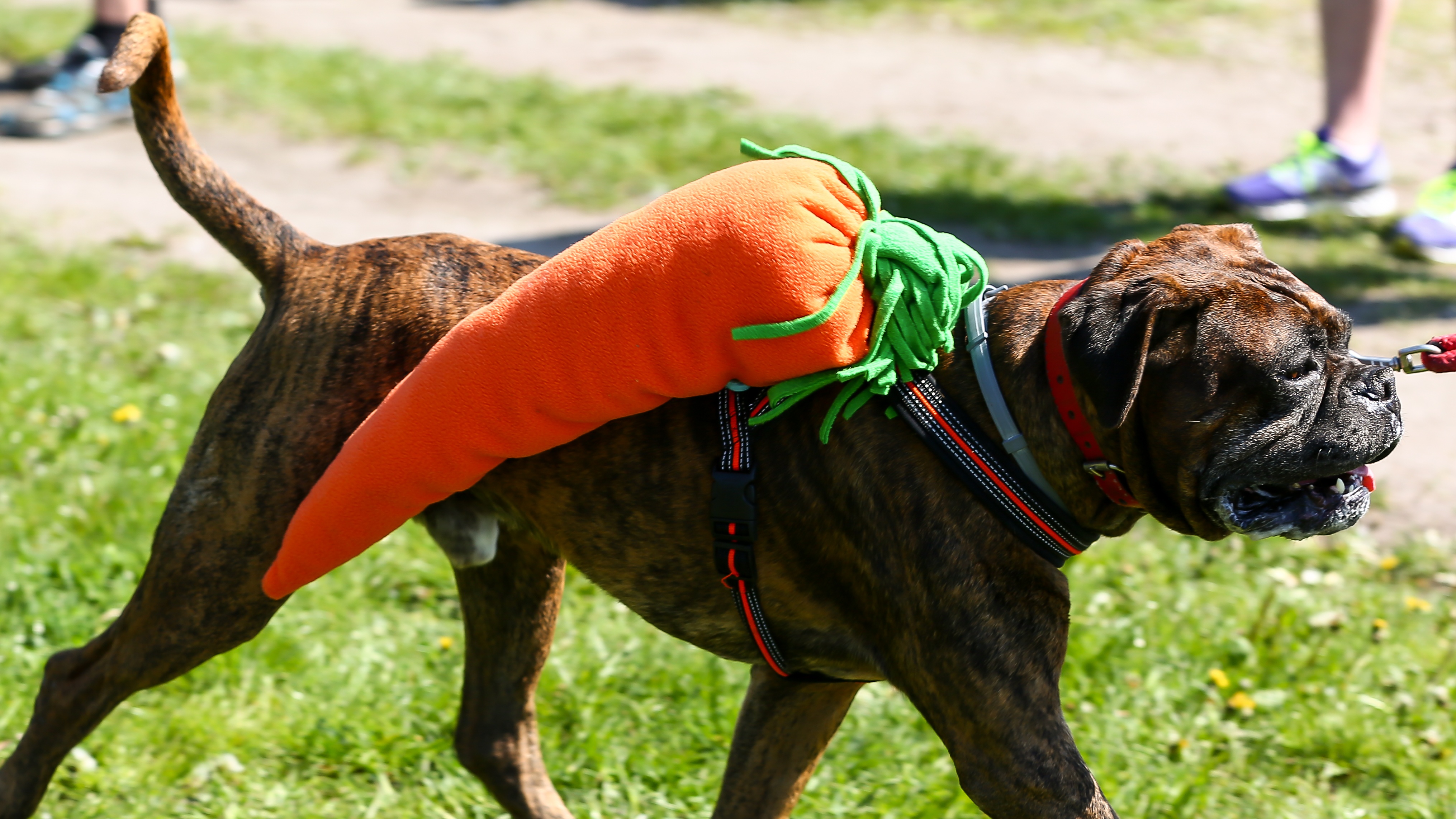Chimpanzees 'awarded human rights' in landmark ruling
Court in New York 'implicitly determines' that two chimpanzees being held in captivity are legal 'persons'

A free daily email with the biggest news stories of the day – and the best features from TheWeek.com
You are now subscribed
Your newsletter sign-up was successful
A judge in New York has ruled that two chimpanzees held in captivity can challenge their detention in court, effectively granting them human rights for the first time.
Chimps Hercules and Leo, who are being held in a laboratory at Stony Brook University, will be covered by a writ of habeas corpus, traditionally used to prevent people from being unlawfully imprisoned.
"This is a big step forward to getting what we are ultimately seeking: the right to bodily liberty for chimpanzees and other animals," Natalie Prosin, the executive director of the Nonhuman Rights Project told Science magazine.
The Week
Escape your echo chamber. Get the facts behind the news, plus analysis from multiple perspectives.

Sign up for The Week's Free Newsletters
From our morning news briefing to a weekly Good News Newsletter, get the best of The Week delivered directly to your inbox.
From our morning news briefing to a weekly Good News Newsletter, get the best of The Week delivered directly to your inbox.
The group celebrated the ruling, saying the court had "implicitly determined" that the two chimpanzees are legal "persons". They had argued that chimps are among animals that are too cognitively and emotionally complex to be held in captivity and should be released into sanctuaries.
"Chimps are autonomous," said Stephen Wise, the animal rights lawyer who [2] first filed the case in 2013. "They self-determine their own lives; they are extraordinarily social, self-aware beings – behaviours and characteristics that qualify them as persons with a fundamental right to freedom."
Representatives from the university will now have to appear in court next month to explain the legal basis of the chimpanzees' detention and why it is not unlawful.
However, some legal experts have warned that the ruling may simply be a way for the court to gather more information at a further hearing. "The judges may merely have ordered a hearing simply as a vehicle for hearing out both parties in more depth," said law professor Richard Cupp.
A free daily email with the biggest news stories of the day – and the best features from TheWeek.com
But activists argue that this ground-breaking ruling will set an important precedent for future cases, regardless of the outcome. "We got our foot in the door. And no matter what happens, that door can never be completely shut again,” said Poisin.
-
 How the FCC’s ‘equal time’ rule works
How the FCC’s ‘equal time’ rule worksIn the Spotlight The law is at the heart of the Colbert-CBS conflict
-
 What is the endgame in the DHS shutdown?
What is the endgame in the DHS shutdown?Today’s Big Question Democrats want to rein in ICE’s immigration crackdown
-
 ‘Poor time management isn’t just an inconvenience’
‘Poor time management isn’t just an inconvenience’Instant Opinion Opinion, comment and editorials of the day
-
 New app tells you when's the best time for a toilet break during a film
New app tells you when's the best time for a toilet break during a filmTall Tales And other stories from the stranger side of life
-
 Pros and cons of a vegan diet for pets
Pros and cons of a vegan diet for petsPros and Cons Plant-based food might have some health benefits for dogs
-
 Home Office worker accused of spiking mistress’s drink with abortion drug
Home Office worker accused of spiking mistress’s drink with abortion drugSpeed Read Darren Burke had failed to convince his girlfriend to terminate pregnancy
-
 In hock to Moscow: exploring Germany’s woeful energy policy
In hock to Moscow: exploring Germany’s woeful energy policySpeed Read Don’t expect Berlin to wean itself off Russian gas any time soon
-
 Were Covid restrictions dropped too soon?
Were Covid restrictions dropped too soon?Speed Read ‘Living with Covid’ is already proving problematic – just look at the travel chaos this week
-
 Inclusive Britain: a new strategy for tackling racism in the UK
Inclusive Britain: a new strategy for tackling racism in the UKSpeed Read Government has revealed action plan setting out 74 steps that ministers will take
-
 Sandy Hook families vs. Remington: a small victory over the gunmakers
Sandy Hook families vs. Remington: a small victory over the gunmakersSpeed Read Last week the families settled a lawsuit for $73m against the manufacturer
-
 Farmers vs. walkers: the battle over ‘Britain’s green and pleasant land’
Farmers vs. walkers: the battle over ‘Britain’s green and pleasant land’Speed Read Updated Countryside Code tells farmers: ‘be nice, say hello, share the space’